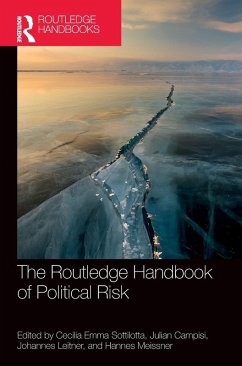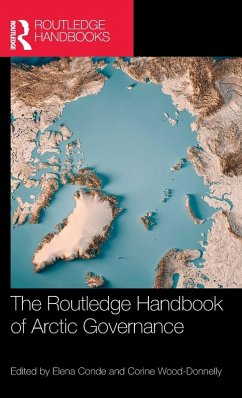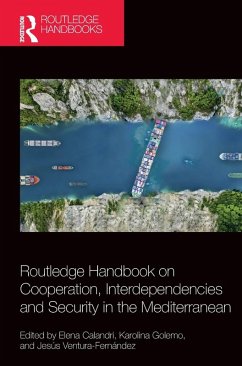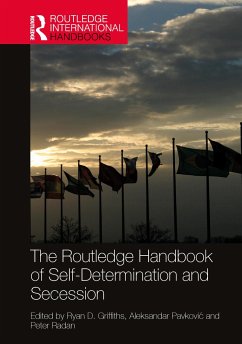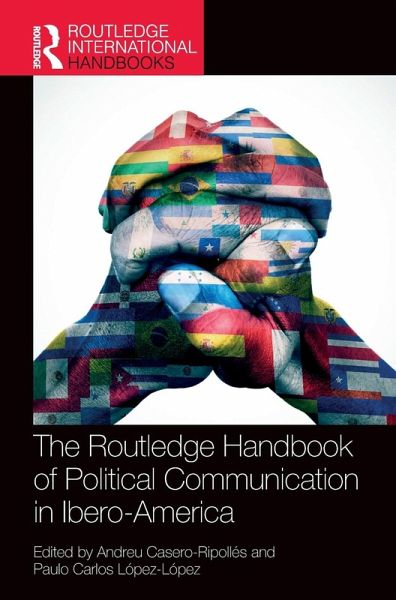
The Routledge Handbook of Political Communication in Ibero-America
Versandkostenfrei!
Versandfertig in 1-2 Wochen
263,99 €
inkl. MwSt.
Weitere Ausgaben:

PAYBACK Punkte
132 °P sammeln!
The Routledge Handbook of Political Communication in Ibero-America addresses the relationship between communication, politics and digital technologies in Latin American and the Iberian Peninsula, a geographical space linked by social, cultural and linguistic aspects.




